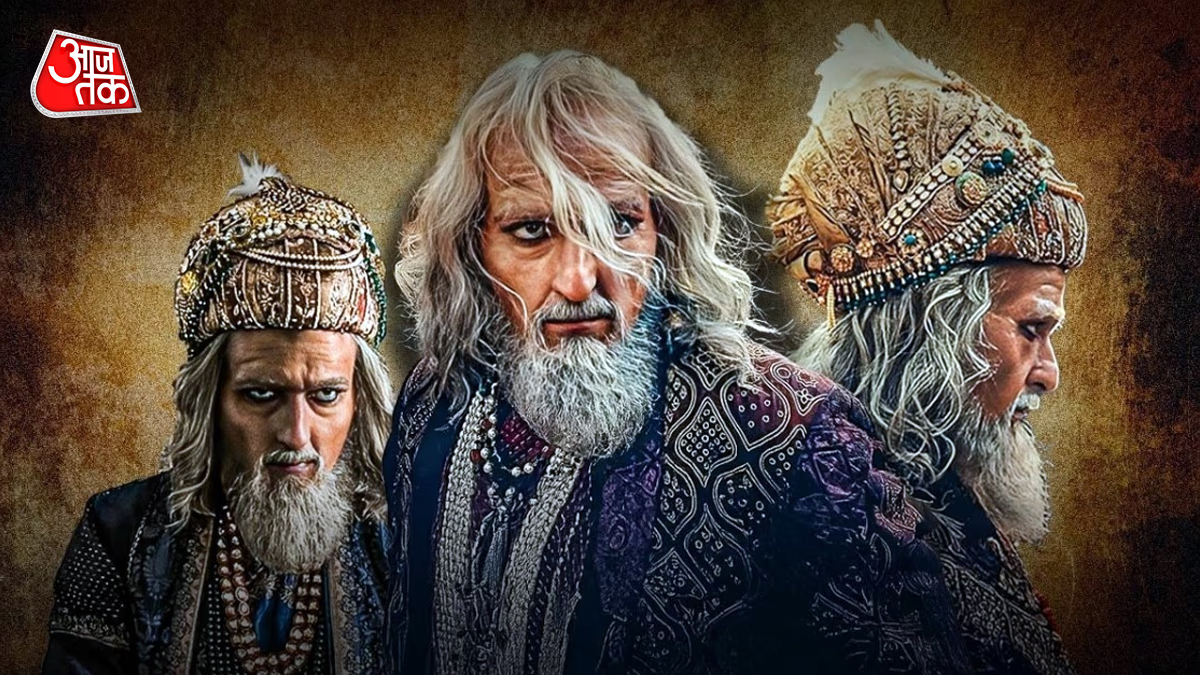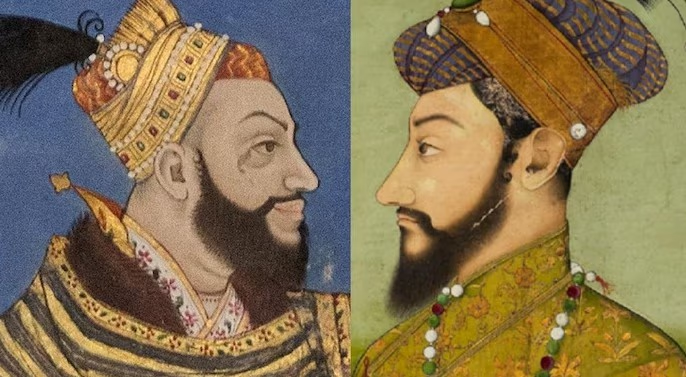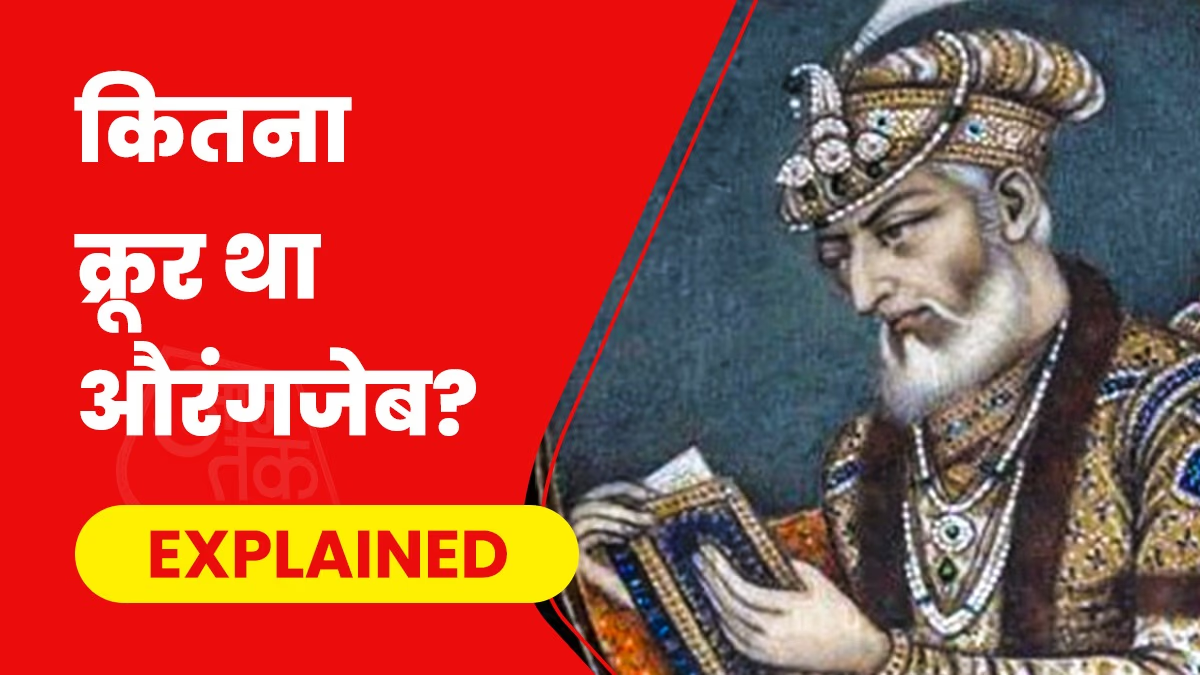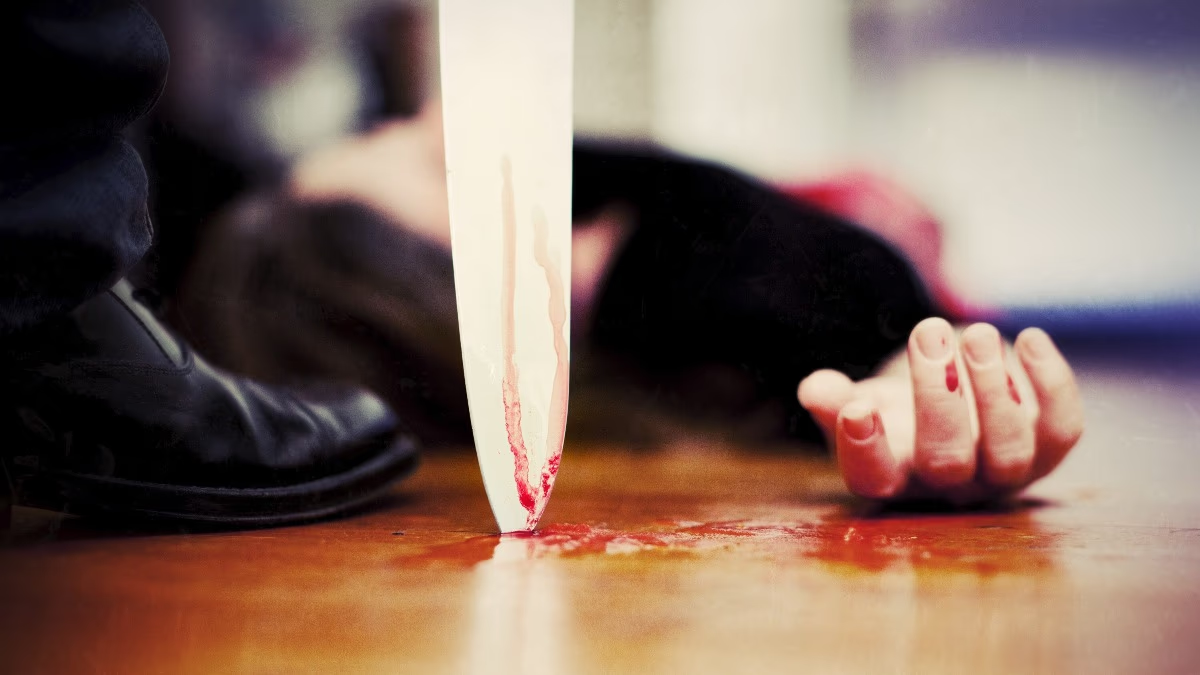It's said that politics is about digging up old graves, and the recent release of the film 'Chava' has sparked such a political upheaval that it has once again placed the infamous Mughal emperor, Aurangzeb, into the spotlight.
In Maharashtra, Samajwadi Party leader Abu Azmi stirred controversy by stating, 'I don't consider the 17th-century Mughal king Aurangzeb to be cruel or intolerant. These days, films portray a distorted image of the Mughal emperor.'
Outcry Over Abu Azmi's Comments
Opposition parties seized his statement for political gain. Azmi has since apologized and clarified his stance, but the debate over Aurangzeb's character has only intensified. In response, historians often refer to Yadunath Sarkar's book on Aurangzeb's life, which also draws on accounts from British and Italian historians, revealing the story closely tied to Aurangzeb and his elder brother, Dara Shikoh.
Central Government Searches for Dara Shikoh's Grave
A few years ago, there was significant buzz about the central government searching for the true burial place of the erudite Mughal prince, Dara Shikoh. Former ASI Regional Director KK Muhammad previously stated that using handheld X-ray devices, the ASI could X-ray the graves behind Humayun's Tomb in Delhi to investigate.
According to historical documents, there is no other instance of a Mughal prince being decapitated and only the body buried, like Dara Shikoh. An X-ray image showing a headless skeleton might confirm Dara's grave.
Who Ordered Dara Shikoh's Execution?
The answer is Aurangzeb. Dara Shikoh was Shah Jahan's eldest son, beloved by his father, who wished to crown him emperor. Dara had an interest in all religions, translating many Hindu scriptures into Urdu and Persian. However, he was known as a peace-loving person rather than a political operative. Aurangzeb eventually imprisoned Shah Jahan in Agra and declared himself king.

Source: aajtak
Dara's Execution in Chava Film
Aurangzeb defeated Dara in battle for the throne, captured and paraded him in Delhi before executing him. Historians recount how Aurangzeb presented Dara’s severed head as a grim offering to Shah Jahan. A scene in the film 'Chava' depicts Aurangzeb saying he sent Dara's head to their father, Shah Jahan, as a gift.
Dara, Shah Jahan’s Beloved Son
Author Avik Chanda, who wrote about Dara Shikoh's life and potential as king, told the BBC that Dara was not suited for politics. Though Shah Jahan cherished him, Aurangzeb had harbored animosity towards him since childhood. Where Dara was kept close by his father, Aurangzeb was sent to battlefields from an early age.
An Event that Cemented Their Rivalry
Avik Chanda notes that as a teenager, Aurangzeb was sent to lead a major military campaign, whereas his siblings, Murad Baksh and Shah Shuja, were assigned to governorships. However, Dara was kept at court. Their rivalry deepened one day during an elephant fight, when Aurangzeb narrowly escaped an elephant's rampage, and Dara did not intervene to assist him.
Historians suggest that incident left a lasting rift between Aurangzeb and Dara, eventually escalating to a fierce battle for supremacy. Aurangzeb's ultimate victory over Dara is well documented by historians.

Source: aajtak
Dara’s Defeat
Italian historian Niccolao Manucci described the struggle, noting how initially Dara had some advantage, but Aurangzeb turned the tides with smart military tactics. Dara’s forces were demoralized, believing him dead when his howdah appeared empty. Aurangzeb seized the opportunity, launching relentless artillery attacks, shattering Dara's army and winning the succession battle.
Dara’s Plight in Defeat
Famed historian Jadunath Sarkar provides a detailed account of Dara's condition after defeat. Exhausted and downtrodden, Dara rested under a tree, too fatigued to remove his helmet. Eventually, he rode stealthily into Agra, where his disheveled state mirrored the city’s somber atmosphere.
This was only the beginning as Aurangzeb subjected Dara to further humiliation. After days on the run, Dara was captured and imprisoned in Delhi.
Dara and His Son’s Ordeal
In 'Travels in the Mughal India,' French historian Francois Bernier reveals the harsh treatment endured by Dara and his son. Paraded through the streets, Dara and his 14-year-old son were exhibited in a state of abasement, escorted by an Aurangzebian slave wielding a naked sword.
Dara’s Execution
In Delhi’s blistering August heat, Dara and his son, subjected to indignity, garnered public sympathy. Aurangzeb had them imprisoned, where Dara faced charges of blasphemy and received a death sentence. Aurangzeb ordered his slave, Nazar Beg, to present Dara’s severed head for reassurance.
When the head was first presented, it was blood-soaked. Aurangzeb, after confirming its identity, instructed it be sent to Agra.
Brutal Conclusion
Italian historian Niccolao Manucci vividly recounts the chilling moment in 'Storia do Mogor' where Aurangzeb instructs advisor Itibar Khan to send an unforgettable gift to Shah Jahan. The elder emperor received a veiled dish with a note from Aurangzeb, promising unforgettable contents. Upon revealing Dara's head, Shah Jahan was left in abject grief.
Dara’s Burial
Manucci notes Dara's body was interred at Humayun’s Tomb, but Aurangzeb's orders saw Dara’s head buried near the Taj Mahal, as a grim reminder for Shah Jahan. While Dara's actual grave remains debatable, this episode underscores Aurangzeb’s chilling ruthlessness.




